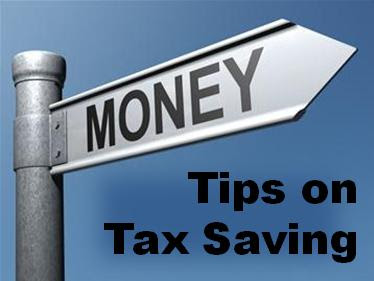
Starting a business has many inherent costs.
This article is about comparing creating a new business versus buying a new business/expanding your current business.
The tax code states that start-up expenses arise when you spend money to:
- investigate the creation or acquisition of an active business,
- create an active business, or
- engage in a for-profit or production of income activity before the day on which the active business begins, in anticipation that such activity will become an active business.
The expenses can include:
- Travel expenses to gain knowledge from others already in the business
- Entertainment expenses to pick the brains of friends and business acquaintances
- A host of training costs
- Certain automobile expenses
- Long-distance, investigatory telephone calls
To qualify as a start-up expense, said expense must be both:
- a cost that you could deduct as a business expense if the business already existed, and
- a cost incurred before your business begins.
Here are additional expenses that can qualify as start-up expenses:
- Money paid for potential market, labor supply, transportation, or product surveys or analyses
- Advertising expenses incurred prior to opening
- Wages paid before opening to your new employees and their trainers
- Costs incurred to secure distributors, suppliers, and customers
- Fees paid to consultants and other professionals
Qualifying organizational costs are generally those paid to create the corporation. To qualify, the cost must be
- for the creation of the corporation;
- chargeable to a capital account;
- amortized over the fixed life of the corporation, if any; and
- incurred before the end of the first year of business.
Common examples include the following:
- Legal and accounting services
- State incorporation fees
- Temporary director expenses
- Costs of organizational meetings.
Finally, you can also amortize organizational costs in the same manner, and to the same degree, if you form your new business as a partnership. The requirements are similar, with the cost qualifying only if it is:
- for the creation of the partnership;
- chargeable to a capital account;
- amortizable over any fixed life of the partnership; and
- incurred by the due date of the partnership’s first tax return.
